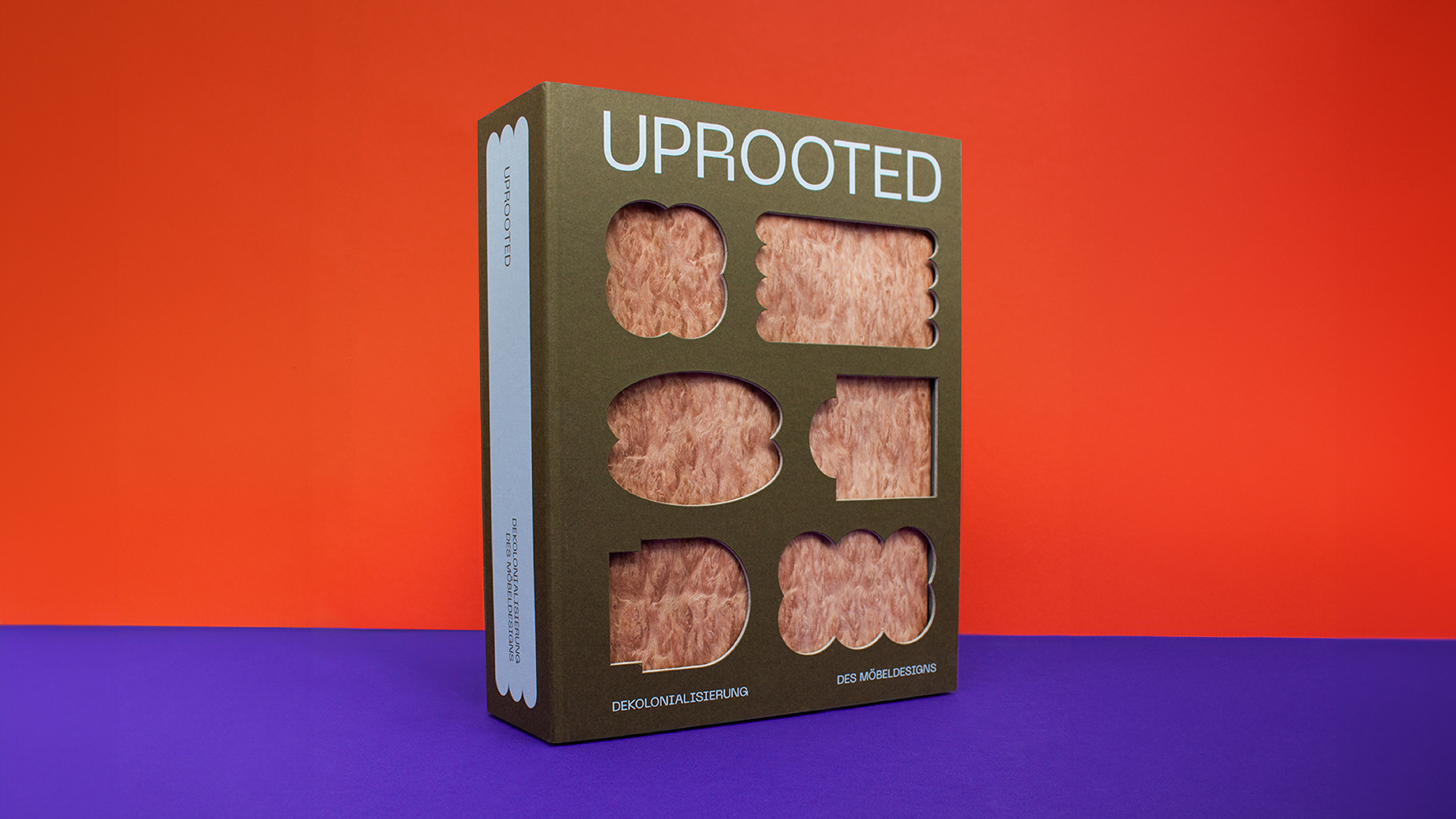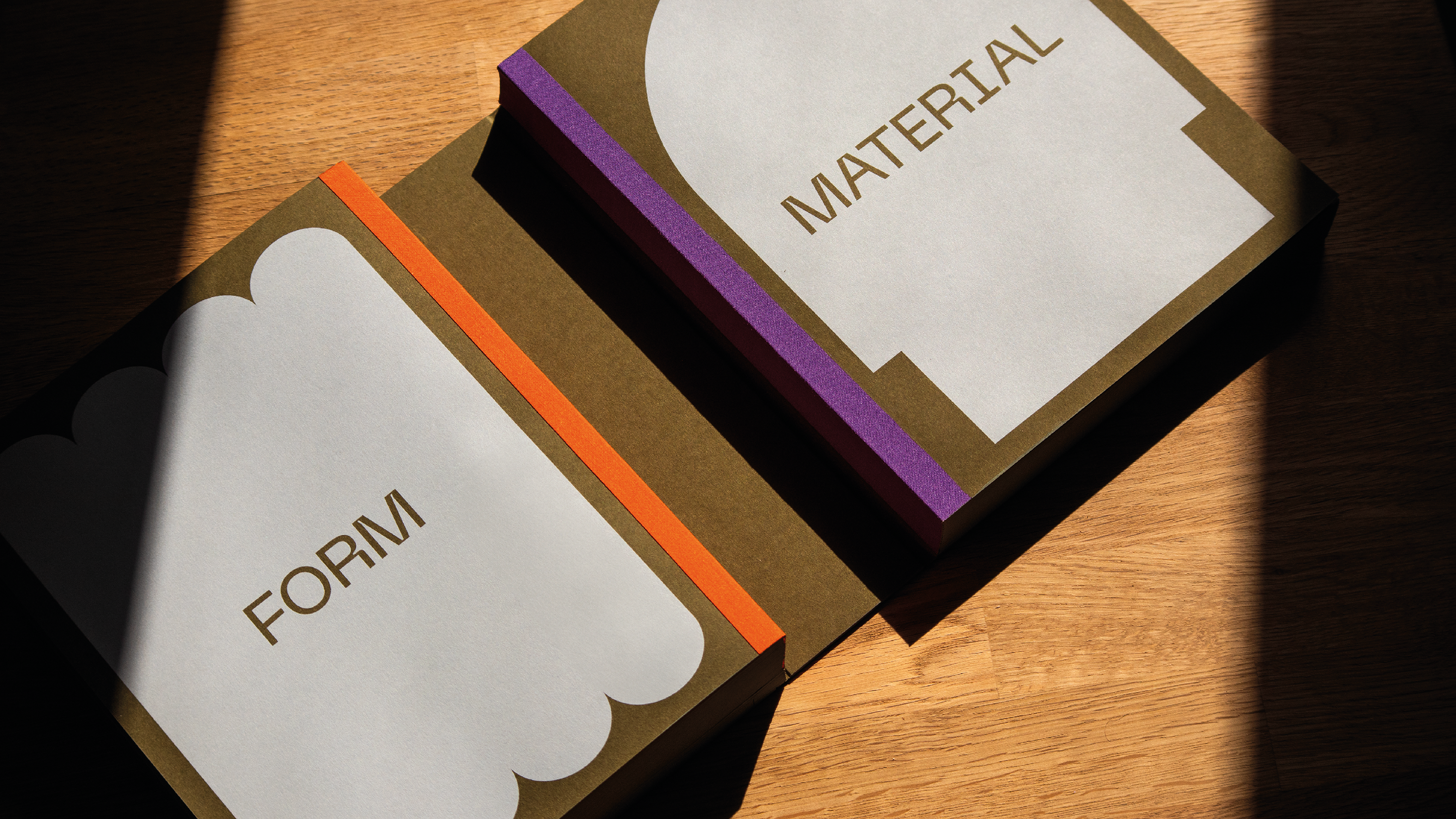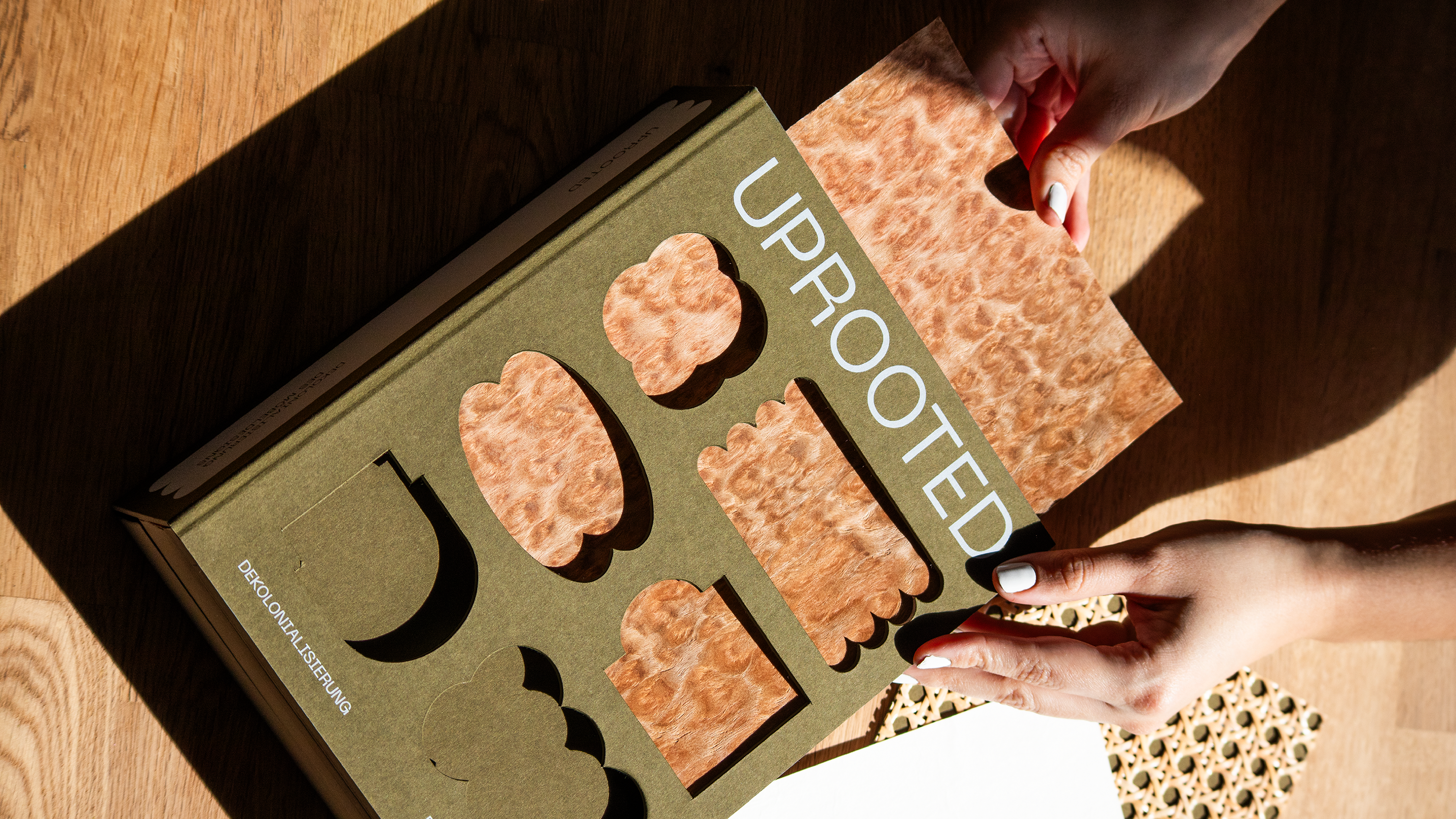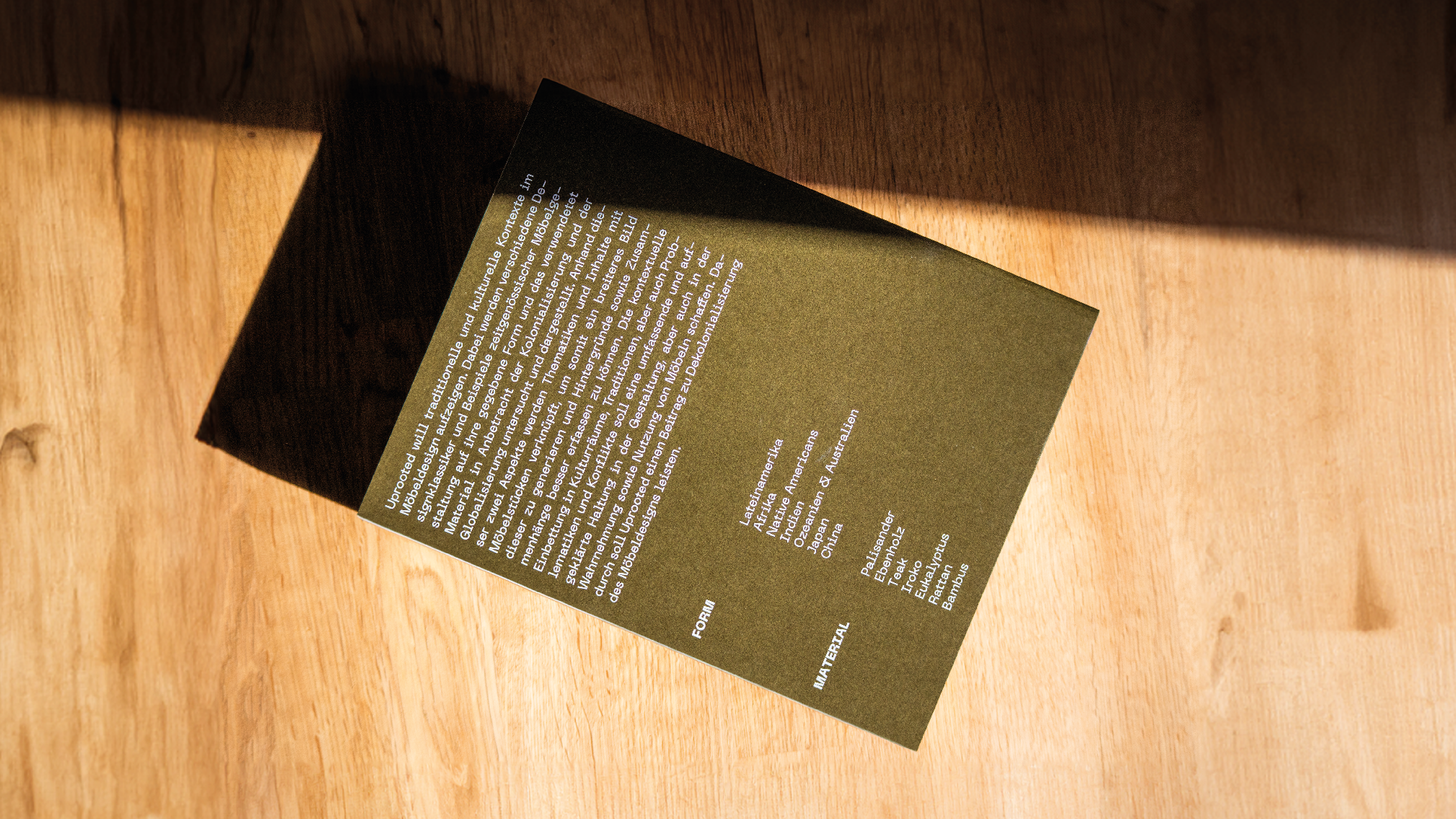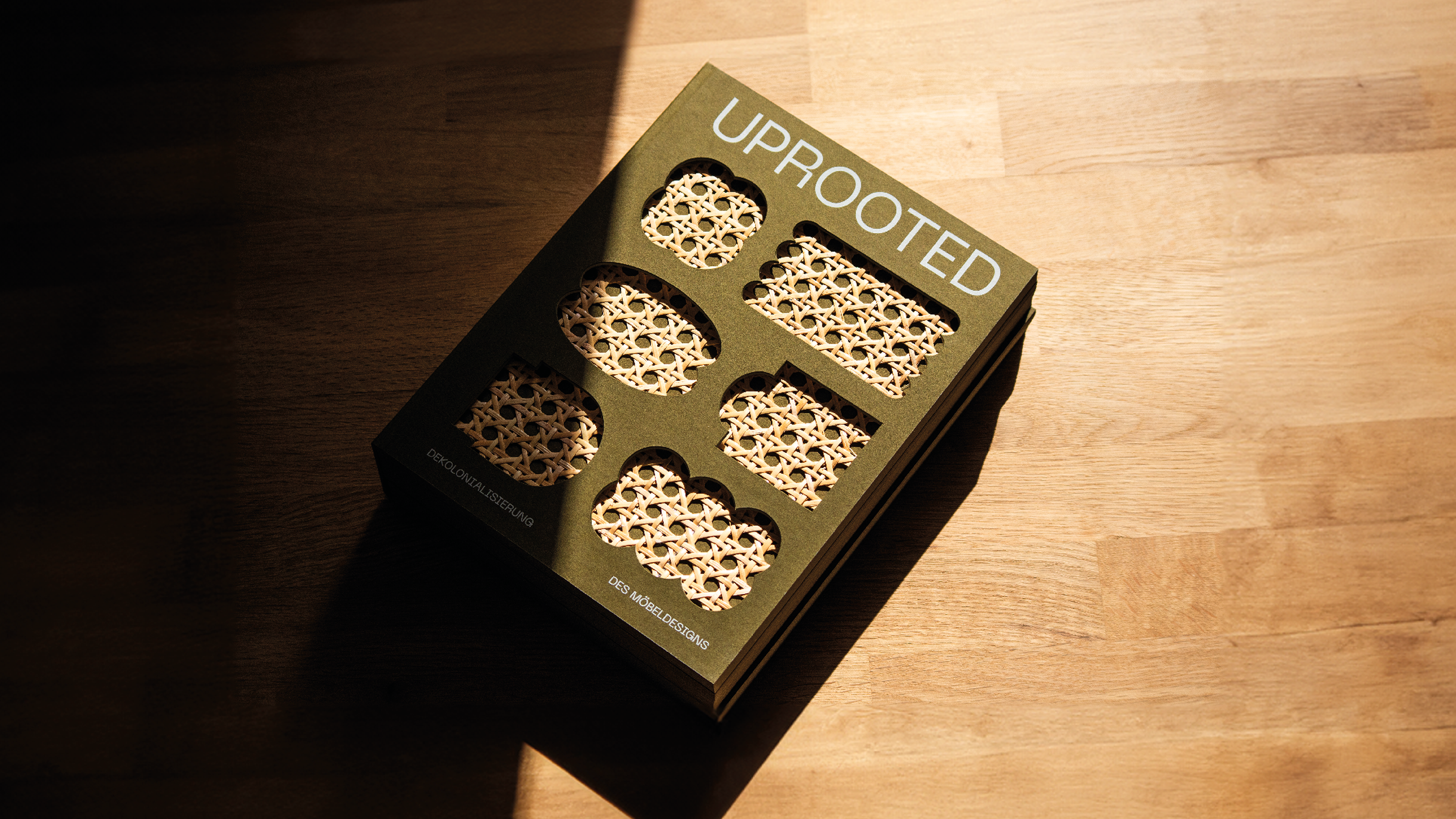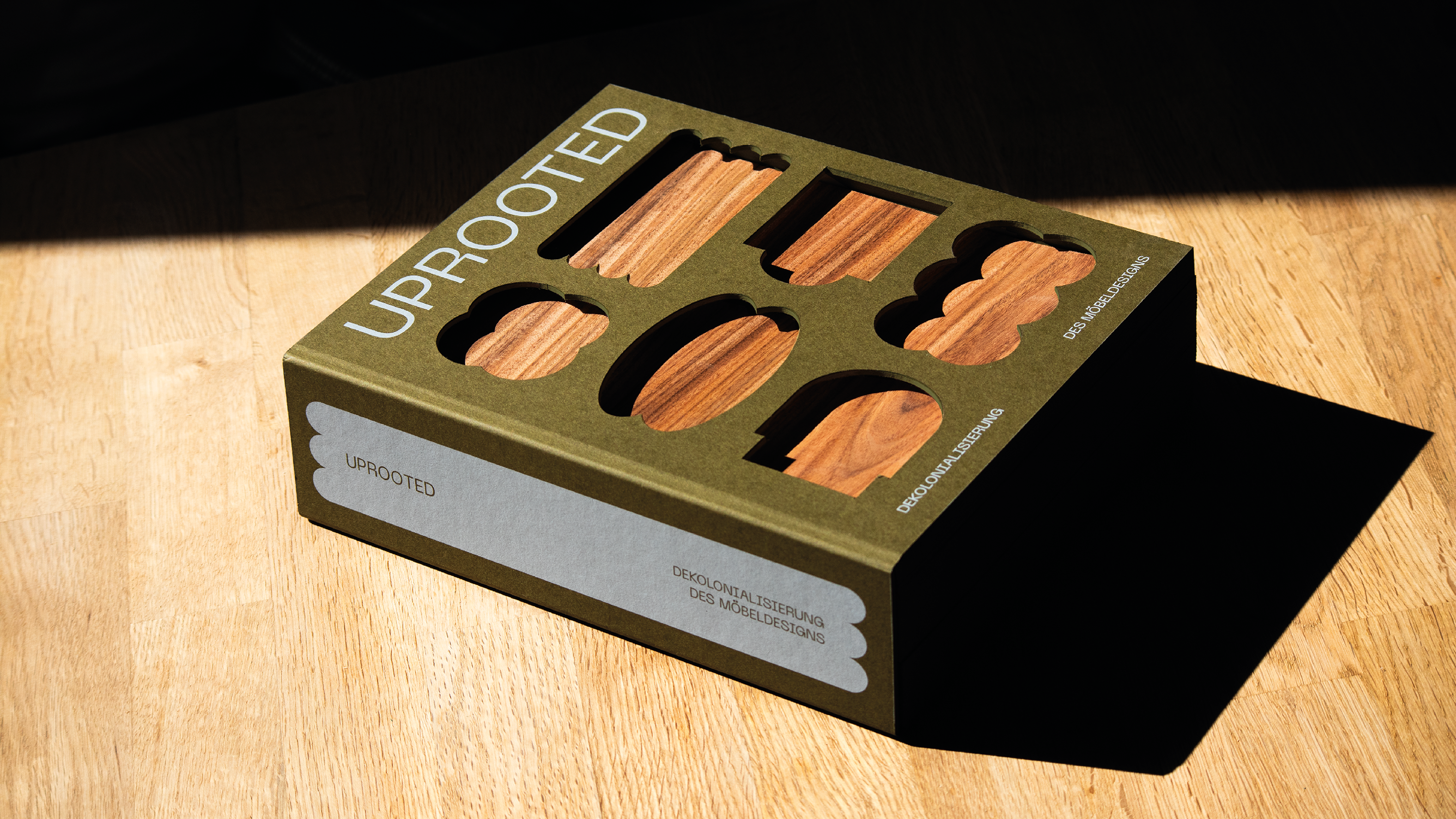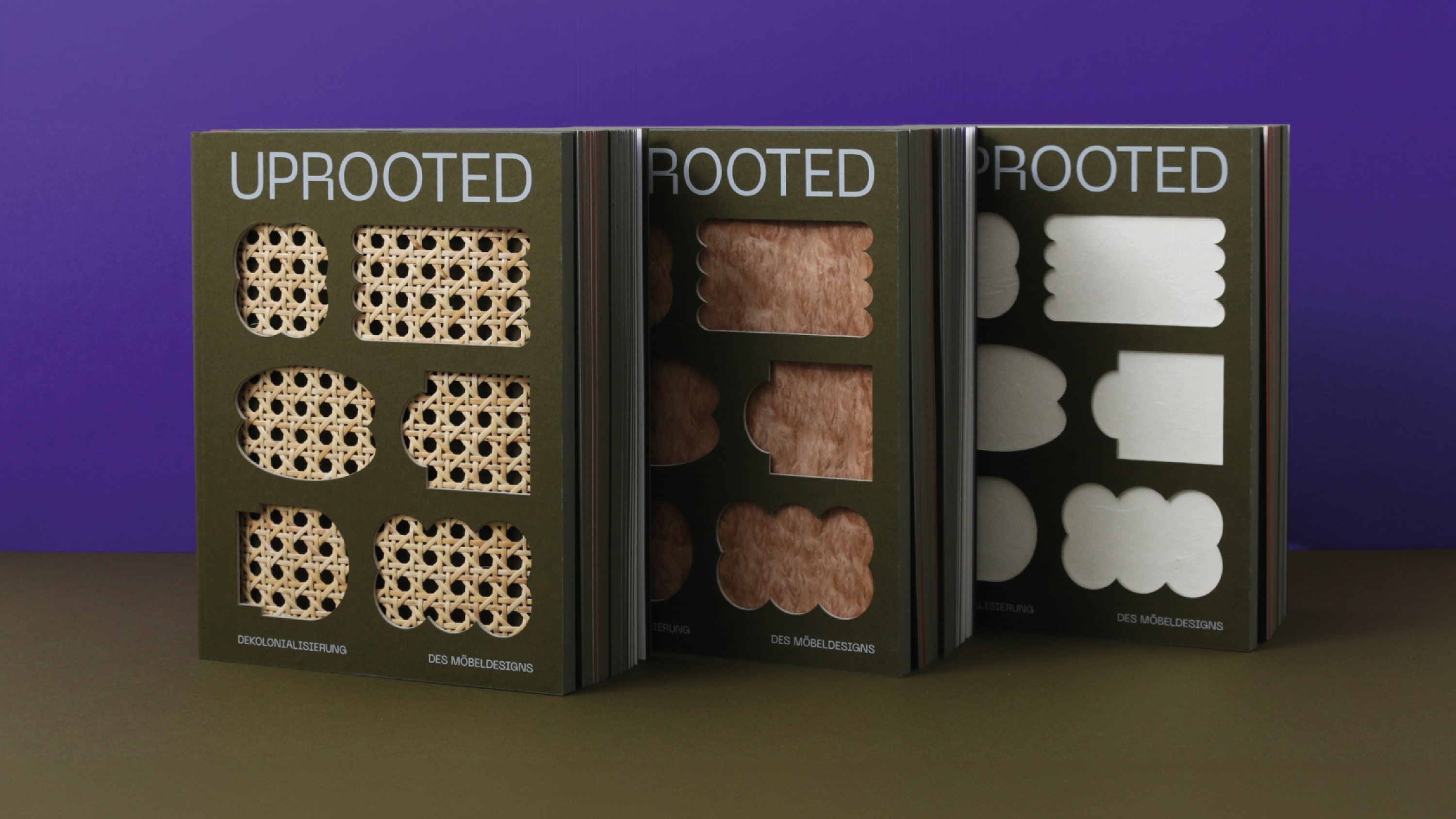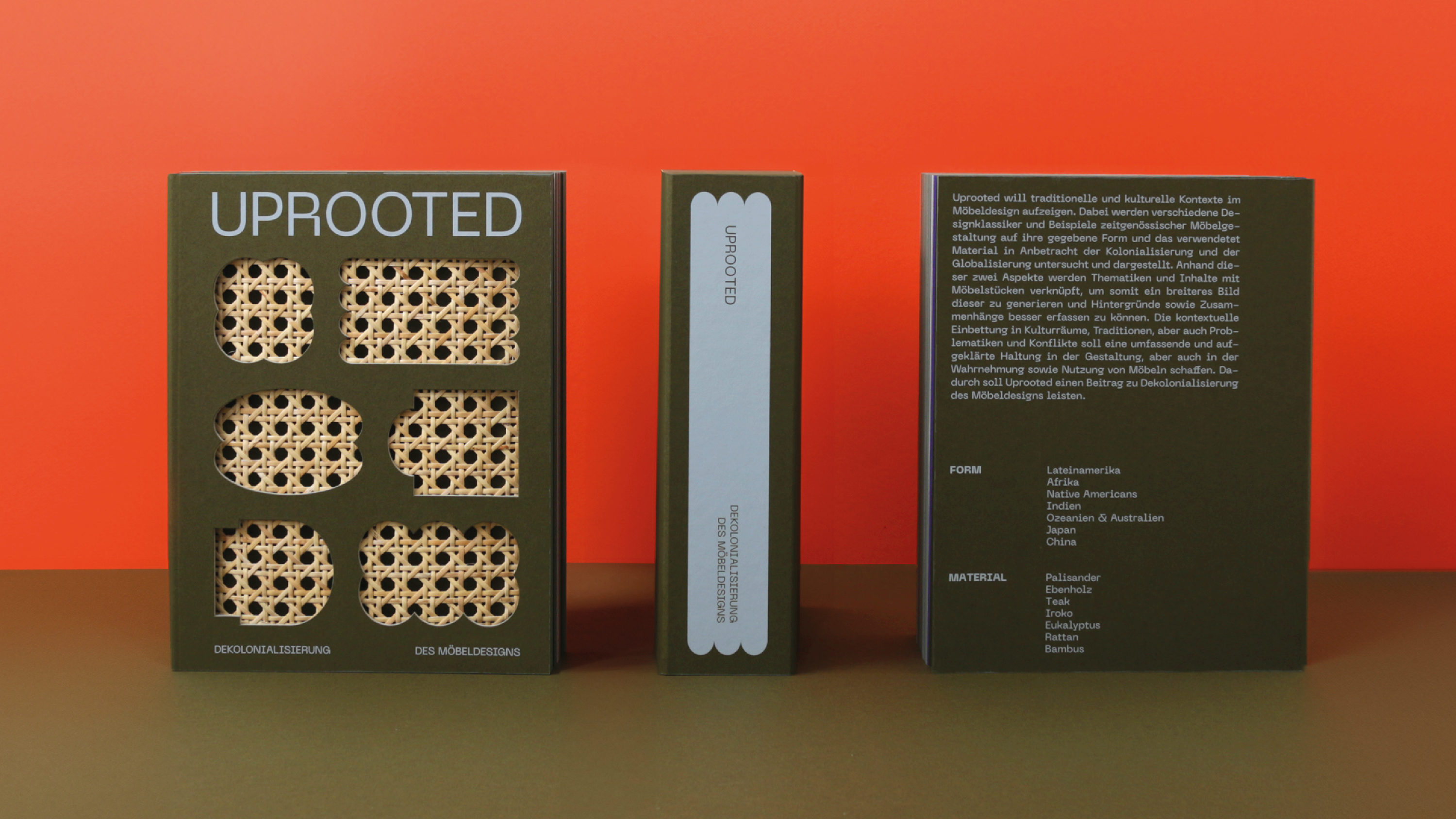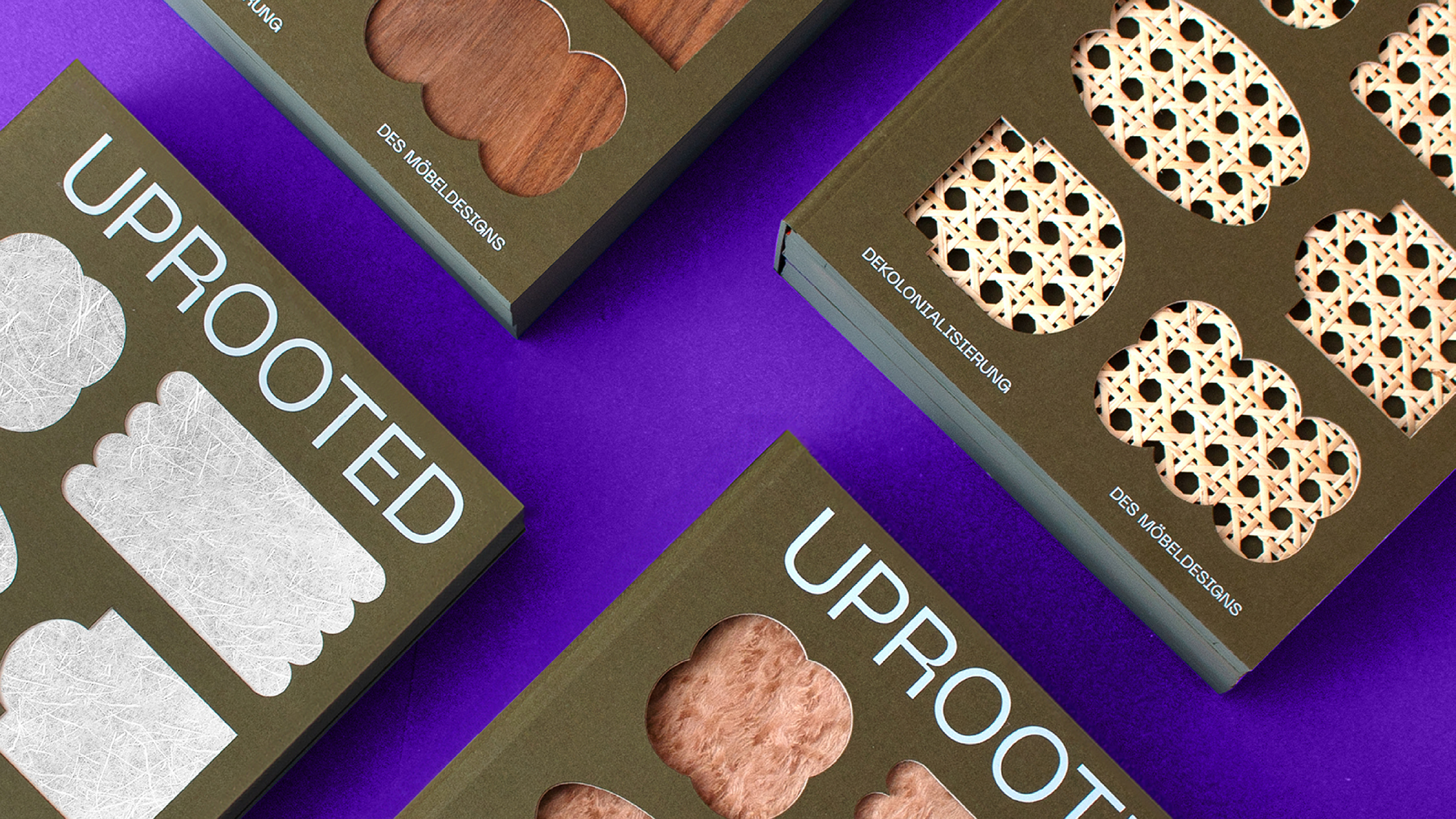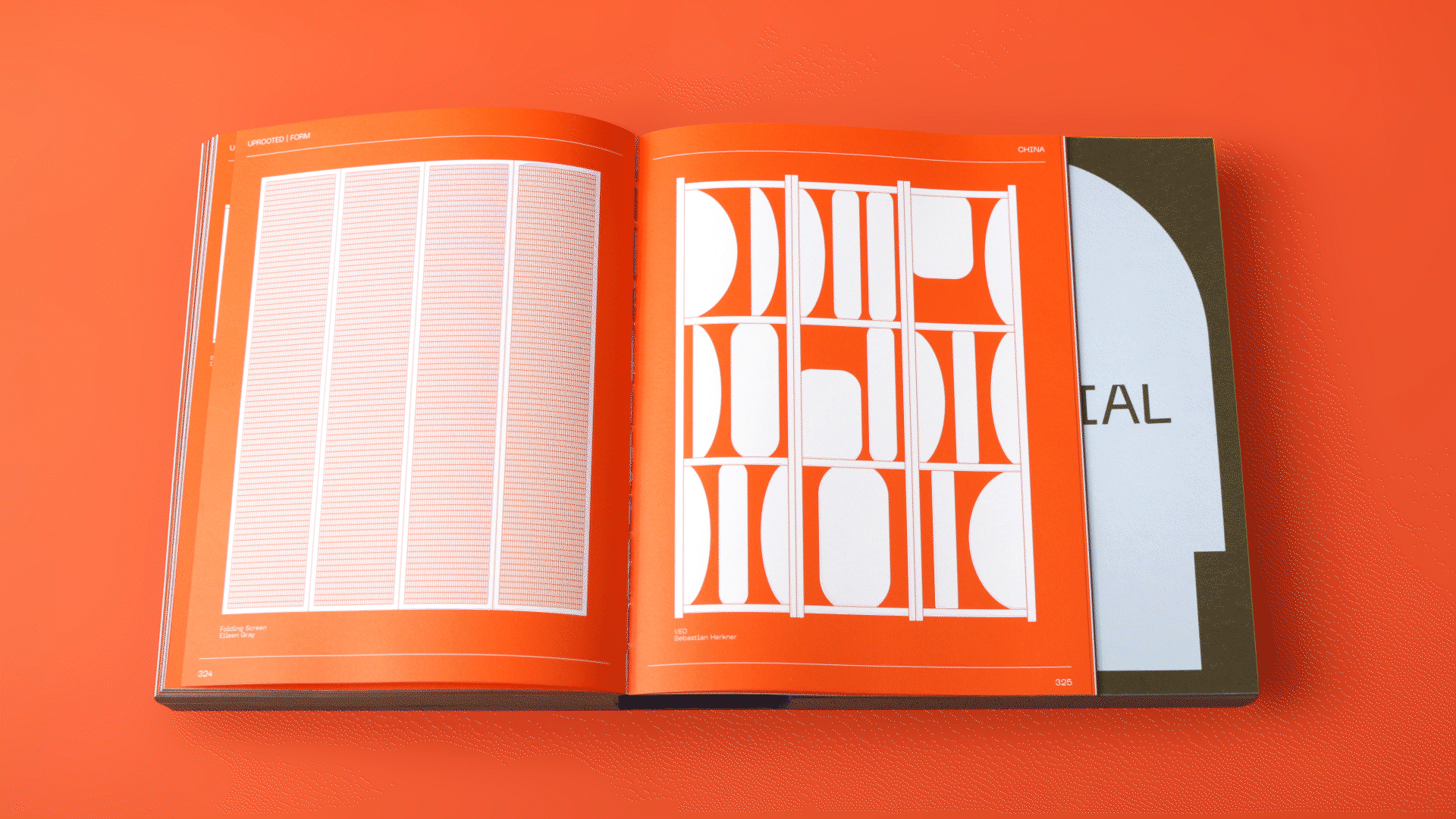Uprooted – Decolonization of Furniture Design
Uprooted – Decolonization of Furniture Design
Colonization has had a profound impact on furniture design, shaping both the materials used and the formal aesthetics that dominate Western design traditions. Uprooted seeks to challenge the legacy of colonialism by reexamining the cultural origins of traditional ethnic manufacturing practices, which have been appropriated and misinterpreted over centuries. These practices, often dismissed or misunderstood in postcolonial contexts, are a critical part of the conversation about decolonization in design.
Furniture, as an object of cultural expression, is intrinsically linked to the history and identity of the communities that create it. Yet, many of these cultural expressions have been reduced to mere trends or exotic novelties in the Western market. The project Uprooted brings attention to the colonial narratives that have shaped the aesthetics and material choices in furniture design, offering a compendium that connects furniture to its historical, cultural, and political roots.
The book is divided into two sections: Form and Material. The first section investigates culturally specific forms that were appropriated or altered through colonial influence, while the second examines materials introduced into European craftsmanship as a result of colonial trade routes. By focusing on these two elements, we uncover how the colonial era has deeply influenced design practices, often without acknowledging the significance of these origins.
Decolonization is not only a process of political and social rethinking, but also an intellectual and cultural reawakening. In the context of furniture design, it calls for the recognition of the complex histories embedded in everyday objects. Western design has long been shaped by colonial exploitation—whether through the use of resources extracted from colonized lands or the adoption of indigenous forms without recognition of their cultural significance. By challenging this legacy, Uprooted advocates for a more equitable and informed design practice, one that acknowledges and respects the diverse histories of the materials and forms that shape our world.
The importance of decolonization in design lies in its power to reshape our understanding of culture and identity. It calls for a critical reexamination of design practices and encourages a more inclusive approach that values indigenous knowledge and histories. In doing so, Uprooted aims to contribute to a more sustainable, ethical, and culturally sensitive design future, where the voices of historically marginalized communities are heard and respected.
Credits
